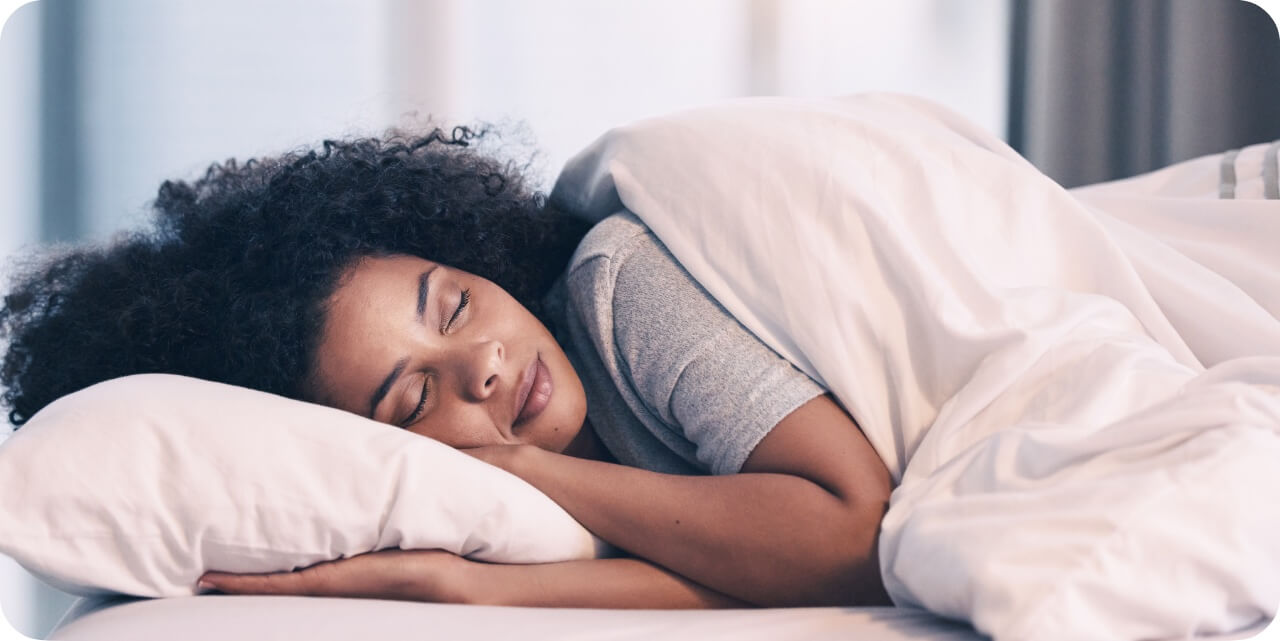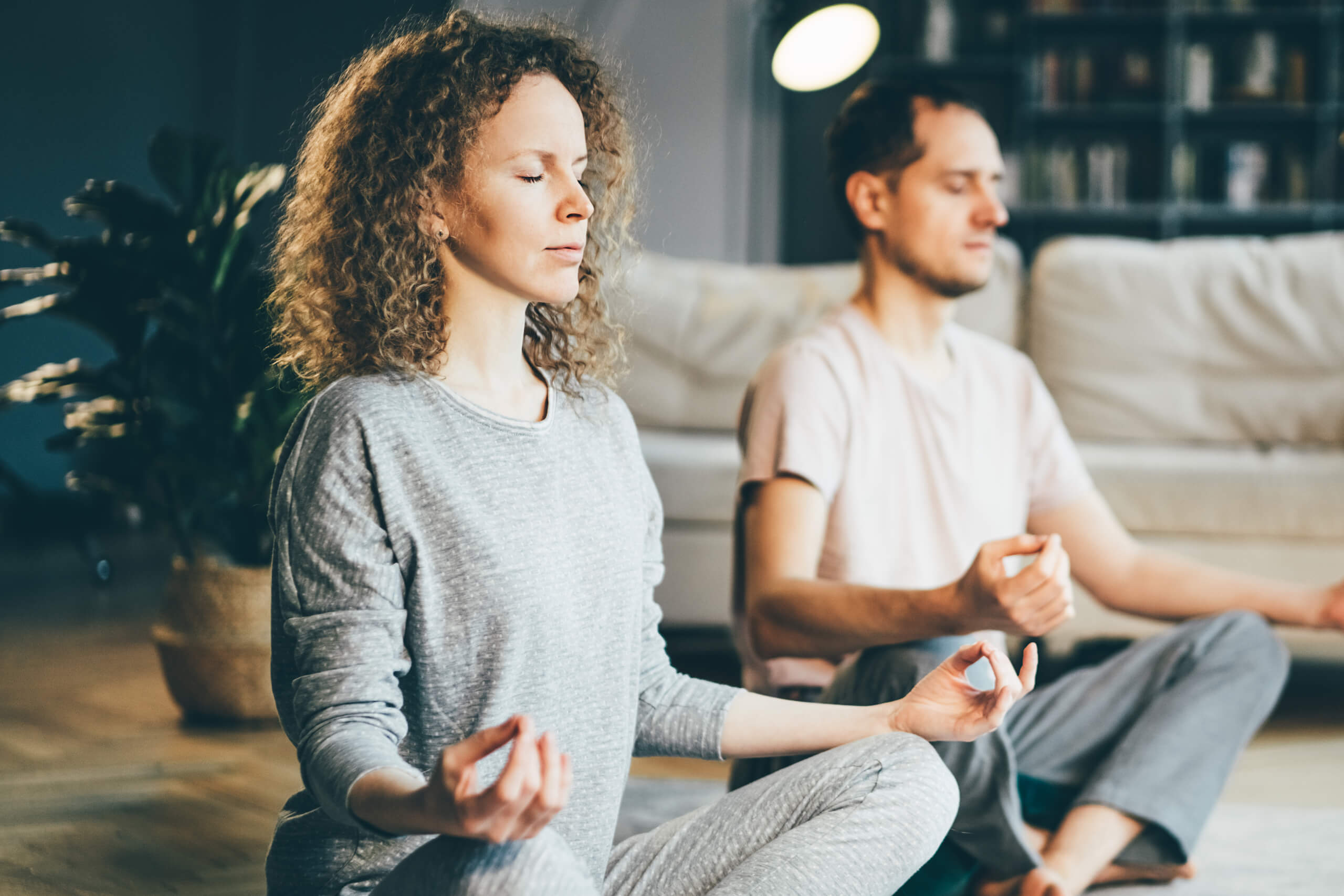Introduction
We all know that sleep is essential, but did you know that it plays a crucial role in your mental health? A good night’s sleep can do wonders for your mood, focus, and overall mental well-being. On the flip side, poor sleep can lead to a host of mental health issues. In this article, we’ll explore the fascinating connection between sleep and mental health and offer practical tips to improve both.
The Science Behind Sleep and Mental Health
When we sleep, our brains go through various stages, each playing a vital role in mental restoration. During deep sleep, the brain processes emotions, consolidates memories, and helps regulate mood. Neurotransmitters like serotonin and hormones like cortisol are balanced, which can influence how we feel when we’re awake. Disruption in sleep can throw this balance off, leading to emotional instability and increased stress.
The Consequences of Poor Sleep on Mental Health
Sleep deprivation can take a serious toll on mental health. Here are some of the most common consequences:
•Increased Stress and Anxiety: Lack of sleep heightens stress levels and can exacerbate feelings of anxiety. It’s a vicious cycle—stress causes poor sleep, and poor sleep causes more stress.
•Risk of Depression: Chronic sleep issues are often linked to depression. The two are so closely related that treating sleep problems is a common part of managing depression.
•Cognitive Impairments: Sleep deprivation can affect your ability to think clearly, make decisions, and remember things. Over time, this can lead to more serious mental health concerns.
•Long-Term Mental Health Disorders: Persistent sleep problems can contribute to long-term mental health disorders, including generalized anxiety disorder and major depressive disorder.
The Vicious Cycle: How Mental Health Issues Disrupt Sleep
Mental health issues and sleep problems often feed into each other. For instance:
•Anxiety and Sleep Disturbances: Anxiety can cause racing thoughts that make it hard to fall asleep. In turn, lack of sleep increases anxiety levels.
•Depression and Insomnia: People with depression often experience insomnia. The inability to sleep can worsen depressive symptoms, making the condition harder to treat.
•Stress and Sleep Deprivation: Stress activates the body’s fight-or-flight response, which is the opposite of what you need to fall asleep. Over time, stress can lead to chronic sleep deprivation.
Signs That Sleep Is Affecting Your Mental Health
How do you know if your sleep (or lack thereof) is affecting your mental health? Here are some warning signs:
•Mood Swings: If you’re feeling irritable, moody, or experiencing sudden mood swings, poor sleep could be the culprit.
•Fatigue and Low Energy: Constantly feeling tired and lacking energy, even after a full night’s sleep, is a sign that your sleep quality might be poor.
•Difficulty Concentrating: Struggling to focus or finding it hard to complete tasks could be due to sleep-related cognitive impairments.
•Irritability and Anger Outbursts: Increased irritability and anger could be a sign that your mental health is suffering due to poor sleep.
Tips for Improving Sleep to Boost Mental Health
Improving your sleep can have a profound impact on your mental health. Here are some strategies to help you get better rest:
•Establish a Consistent Sleep Schedule: Going to bed and waking up at the same time every day helps regulate your body’s internal clock.
•Create a Bedtime Routine: Engage in calming activities like reading, taking a warm bath, or listening to soothing music before bed.
•Optimize Your Sleep Environment: Make sure your bedroom is dark, quiet, and cool. Invest in a comfortable mattress and pillows.
•Limit Screen Time Before Bed: The blue light from screens can interfere with your ability to fall asleep. Try to avoid screens at least an hour before bed.
•Watch Your Diet and Avoid Stimulants: Caffeine and heavy meals before bed can disrupt your sleep. Opt for light snacks and herbal teas instead.
The Role of Supplements in Enhancing Sleep and Mental Health
Supplements can play a crucial role in improving sleep and mental health. They work by helping to calm the mind and body, making it easier to fall and stay asleep. One such supplement is Night Night, which is specifically formulated to reduce stress and anxiety, promoting restful sleep. Night Night is packed with natural ingredients known to support relaxation and sleep, such as melatonin, valerian root, and chamomile.
Practicing Mindfulness and Relaxation Techniques
Mindfulness and relaxation exercises can also be incredibly effective in improving sleep and mental health:
•Meditation and Deep Breathing Exercises: These techniques help calm the mind, reduce stress, and prepare your body for sleep.
•Progressive Muscle Relaxation: This involves tensing and then slowly relaxing each muscle group in your body, promoting physical and mental relaxation.
•Visualization Techniques: Imagine a peaceful scene or engage in guided imagery to help your mind and body relax before sleep.
Exercise and Physical Activity for Better Sleep and Mental Health
Regular physical activity can have a profound impact on both your sleep and mental health. Here’s how:
•How Regular Exercise Improves Sleep Quality: Exercise helps regulate sleep patterns and can lead to deeper, more restorative sleep.
•The Mental Health Benefits of Physical Activity: Exercise reduces stress, anxiety, and depression while boosting mood and energy levels.
•Best Times to Exercise for Optimal Sleep: Morning or early afternoon workouts are ideal. Avoid intense exercise close to bedtime as it might energize you too much.

The Importance of a Balanced Diet
What you eat can significantly affect your sleep and mental health:
•Foods That Promote Sleep: Include foods like almonds, turkey, and kiwi, which are known to promote sleep.
•Nutrients That Support Mental Health: Omega-3 fatty acids, B vitamins, and magnesium are essential for mental well-being.
•What to Avoid for Better Sleep: Cut back on caffeine, sugar, and heavy meals before bedtime.
How Technology Can Help with Sleep and Mental Health
Technology, when used wisely, can actually help improve sleep and mental health:
•Sleep Tracking Apps: These apps monitor your sleep patterns and provide insights on how to improve sleep quality.
•Apps for Meditation and Relaxation: Apps like Calm and Headspace offer guided meditations and relaxation exercises to help you unwind before bed.
•Online Therapy Platforms: For those who prefer virtual sessions, online therapy can be a convenient and effective option.
Maintaining Healthy Sleep Habits Over Time
Healthy sleep habits are crucial for long-term mental well-being:
•The Importance of Consistency: Stick to your sleep schedule even on weekends to maintain your body’s natural rhythm.
•Adjusting Your Routine as Needed: Life changes, and so might your sleep needs. Be flexible and make adjustments when necessary.
•Monitoring Progress and Making Changes: Regularly assess your sleep quality and mental health, and tweak your routine as needed.
Common Myths About Sleep and Mental Health
Let’s debunk some common myths:
•Myth: You Can “Catch Up” on Sleep: While sleeping in on weekends might feel good, it doesn’t fully compensate for lost sleep during the week.
•Myth: More Sleep Is Always Better: Oversleeping can actually have negative effects on mental health and can be a sign of underlying issues.
•Myth: Mental Health Issues Only Affect Sleep if They’re Severe: Even mild anxiety or stress can significantly impact sleep quality.
Conclusion
Sleep and mental health are deeply intertwined. By improving your sleep, you can significantly enhance your mental well-being and overall quality of life. From establishing a consistent sleep routine to incorporating supplements like Night Night, there are many strategies you can employ to sleep better and feel better.
Related Posts
23/12/2024
The Link Between Sleep and Mental Health: How Night Night Helps
Ever feel like a bad night’s sleep turns your world upside down? That’s no coincidence. Sleep and mental health are…
11/12/2024
5-HTP: Supporting Mood and Sleep
Struggling with mood swings or restless nights? You're not alone. In today’s fast-paced world, maintaining emotional…
29/11/2024
Mood-Boosting Foods and Supplements for Better Mental Well-being
In our fast-paced world, maintaining mental well-being is more challenging yet more crucial than ever. Beyond lifestyle…
17/11/2024
How GABA Improves Sleep Quality and Relaxation
In today’s fast-paced world, many people struggle with achieving a restful night’s sleep. Anxiety, stress, and hectic…
05/11/2024
The Role of L-Theanine in Promoting Relaxation and Sleep
L-Theanine, an amino acid primarily found in tea leaves, has been celebrated for its unique ability to promote…
24/10/2024
How to Manage Stress Naturally with Supplements
Stress is an unavoidable part of life, but how we manage it can make all the difference in our mental and physical…
12/10/2024
Understanding the Gut-Brain Connection: Diet for Mental Health
Did you know that your gut and brain are constantly communicating? It’s called the gut-brain axis, and it plays a vital…
30/09/2024
The Role of Adaptogens in Reducing Stress and Anxiety
In today's fast-paced world, stress and anxiety are common challenges many of us face daily. While lifestyle changes…
18/09/2024
Top 7 Natural Supplements to Boost Your Mental Clarity
In today’s fast-paced world, maintaining mental clarity is more important than ever. Whether you’re juggling work…










